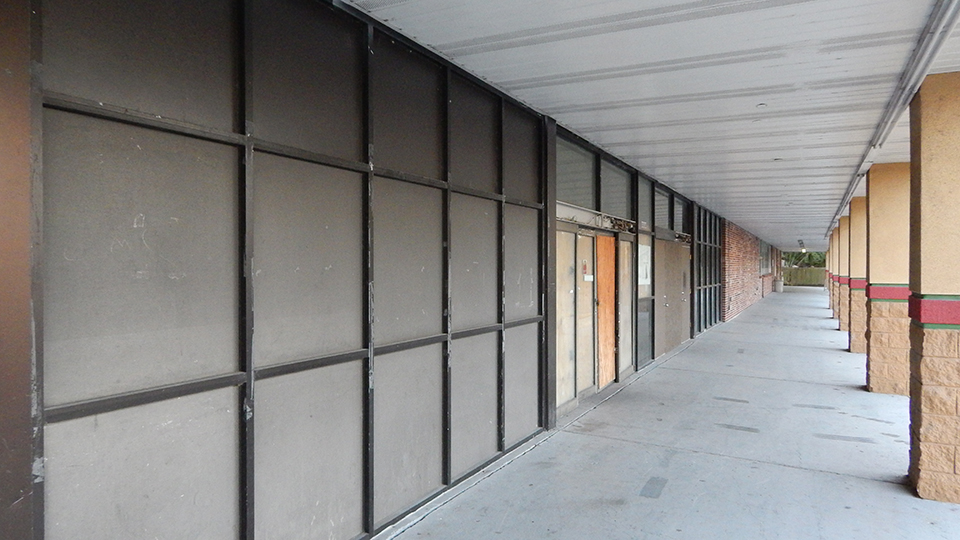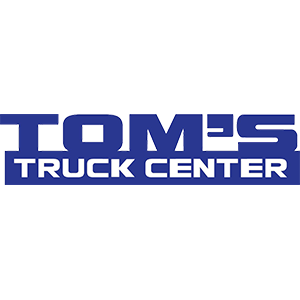Written By George C. Larsen, Partner, Larsen Baker Development, Brokerage & Management
Published by Western Real Estate Business – January 2018
Try this truth/false quiz:
1. (T/F) In June, Warren Buffet announced, “The Death of Retail as We Know It.”
2. (T/F) This spring, the Wall Street Journal reported the “Mall of Future Will Have No Stores.”
3. (T/F) More than twice as many retail stores have closed this year than at the same point last year.
I thought I would try here to reassure my Amazon two-timing wife and all my worried landers and investors that retail is not dead – and retail real estate is not in a death spiral toward oblivion.
Yes, there is disruption in the retail market. Department stores and B- and C- quality enclosed shopping malls are struggling. The era of big box stores is waning. Mom-and-pop stores are losing market share to online retailers. Millennials are buying less stuff and spending more of their money on travel, dining and experience.
But change has always been a part of the real estate business. Remember when there was a travel agency in every shopping center? Remember Jewelcor, Phar-Mor, Genco and Woolco? Remember those savings an loans on every corner?
When I got into commercial real estate, Sears was the world’s top retailer, Kmart was No. 2, Montgomery Ward was No. 4 and Alibaba was a fairytale.
Retail is changing, but so is office design (to open space plans) and industrial development (to high cube space). The changes do not presage “the death of retail” like the headlines proclaim.
What we are experiencing is the hybridization of retail real estate. Shopping centers now have office users and schools. They have more medical and restaurant users. They have companies promising new experiences to their customers. These new users are gradually replacing stores selling stuff.
Here in Tucson, who would have predicted that a state-of-the-art 13,500 square foot healthcare facility would open on Tucson’s business shopping arterial? Who would have thought that a new movie theater would fit into a closed supermarket?
And special congratulations go to Crossfit gym owners, who came up with the idea of making money by requiring their customers to drag tractor tires across their floors.
We are experiencing the same hybridization at our smaller Larsen Baker shopping centers in Tucson. For every Ace Hardware or Bealls Outlet Store we do, we lease to many more nontraditional users like Chuze Fitness and QuickTrip. Just this year we’ve leased retail space to emergency rooms, dental offices, a University of Arizona adult education center, a doggy dermatologist, an Asian dessert shop and a lash lounge. We also signed a lease with what I think is called a “vape shop.” I’m getting too old for this…
Traditional retailers like Best Buy and Walmart now embrace omnichannel marketing. They realize many customer sales start in a digital channel with a search on a mobile device. For example, The Home Depot reports that about 40 percent of its instore sales start with a digital product search on its website. The lines are blurring between the digital and the space worlds. So, Walmart employees will soon deliver your big screen TV on their way home from work. And Amazon is construction drive-up kiosks outside its Whole Foods stores, where customers will have their digitally pre-ordered will have their digitally pre-ordered non-GMO kale and their rainforest-alliance certified, freer range hot wings delivered right to their cars.
Brick-and-mortar retail is not going away. It’s real estate. And even the darlins of the digital world – Bonobos, Wary Parker, Birchbox and Amazon – are opening physical stores because their online-only retail business model is aided by traditional retail locations.
The “good real estate” business model has worked for the past 125 years. It should work in the future. The type of tenant may change, but people still need well-located real estate for their business. So now I ask my friends, bankers and partners who are you going to believe…me or Warren Buffet?
About Lee & Associates
In 1979, Bill Lee’s vision became reality when he opened the first office of Lee & Associates in Orange County, California. Every Lee office is owned and operated by the real estate professionals, all of whom benefit from the sharing of real-time market intelligence that is vital to the delivery of superior commercial real estate services. The unique service platform has attracted some of the most experienced and talented real estate professionals in the industry, all of whom share Bill’s original vision of superior service through teamwork.
Lee & Associates offices offer a broad array of real estate services tailored to meet the needs of the company’s clients in each of the markets it serves. They include commercial real estate brokerage, property management, valuation, asset management and finance.
Now, the largest firm of its kind in North America. The company’s reach extends across the United States, British Columbia and, most recently, to Europe through a strategic alliance with Gerald Eve.
Industrial Services
Lee & Associates knows industrial real estate. Large, mid-size and small, we help clients transact their way through the intricacies of manufacturing plans, bulk warehousing/distribution facilities, specialized flex complexes, modern build-to-suit flex space and turn-key, high-tech campuses. Our industrial specialists provide skilled guidance running the gamut from facility, site and land acquisition/disposition to advisory services, sale and lease negotiations, build-to-suit analysis and planning.
Corporate Responsibility
The people in each independently-owned and operated Lee office are committed to serving the needs and taking on the challenges of their local community. Whether it comes in the form of raising money for worthy causes as a group or volunteering as individuals for personal reasons, Lee brokers and support staff are active participants in the communities they serve.










